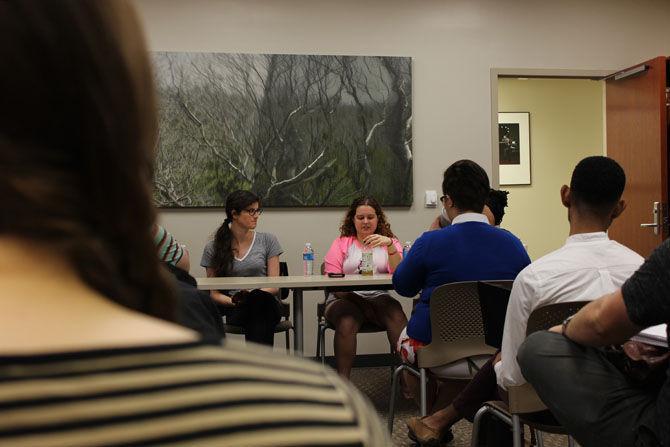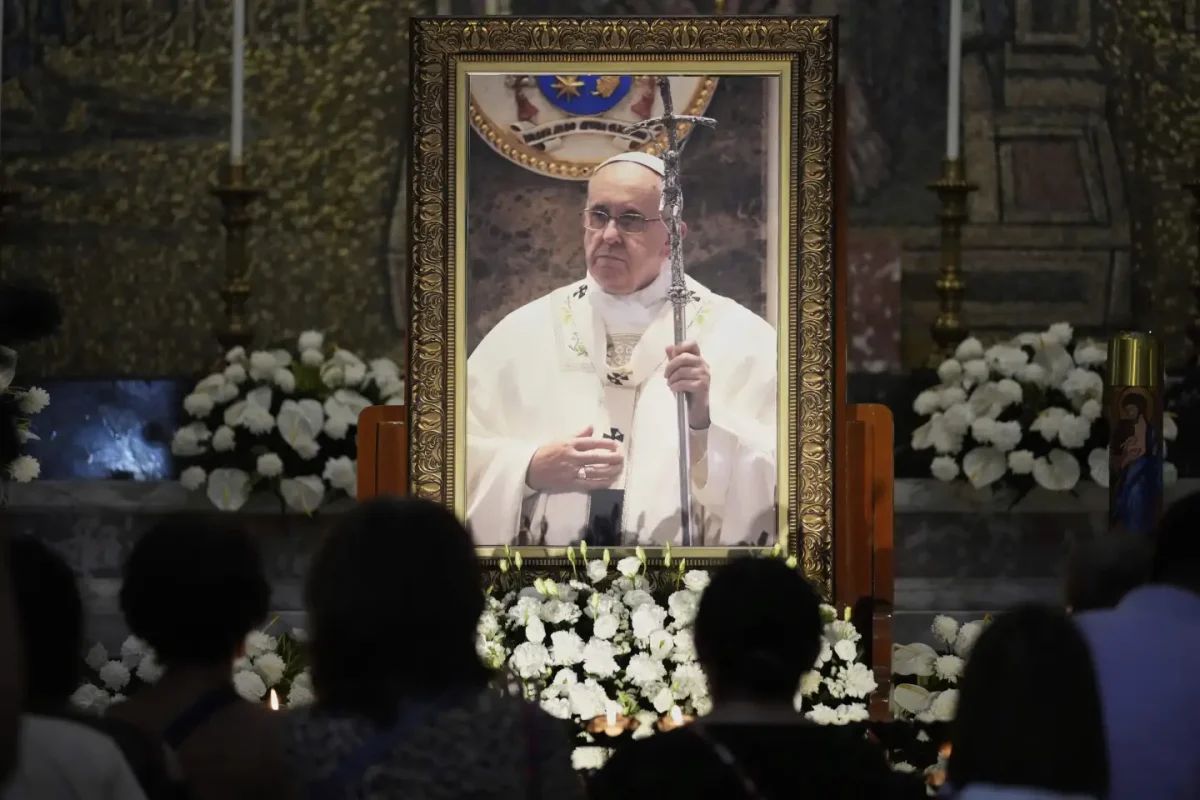When I needed LSU to be there for me, things quickly turned south as a gay person. But I’m sure I’m not the only LGBT student who has felt this way.
I was in need of a counselor because I was incredibly stressed out. It was past midterms and the Student Health Center had no counselors available as they usually fill up by then. Since I had private health insurance, I was able to go see a counselor off-campus.
I only made one request: the counselor must be LGBT friendly. “No problem,” I was told.
I was there for a free trial session when the counselor told me only 50 percent of gay men are actually gay and the other 50 percent are only “that way” because they were sexually abused. After hearing that, I never went back.
In that moment, I knew I couldn’t rely on the University to give me the care I needed. Next time, I would make sure to ask my friends and not the University, I told myself.
Being a gay student at LSU has always been tricky. There’s the unnecessary daily explaining you have to do. Also worrying about how your identity may impact your treatment.
There are some spaces where LGBT students feel welcome. But when you interact with some institutions many students would consider normal, such as Residential Life or the Student Health Center, it can become complicated.
Not all University officials receive the cultural competency training to understand the specific needs of many different populations on campus. And interacting with University departments can be even more troublesome if you are a queer student of color.
“Students of color are already looked at as a minority, and when you add LGBTQ to that, it is a double negative in their eyes,” said a Qroma member who asked to remain anonymous. “So that makes you even less likely to ask for help because it makes you twice as likely to be neglected.”
LGBT students could use greater efforts to make campus institutions more accessible to them. Courtney Murr, a natural resource ecology and management junior and president of Spectrum, said this could break down that nervousness many LGBT students have when approaching University officials.
LGBT students do not have a full-time staff dedicated to their needs on campus. Karie Holton serves as the LGBTQ Project Coordinator, a part-time, 20 hour a week graduate assistant position within the Office of Multicultural Affairs. But she is one person.
“Students need full-time support,” Holton said. “Students need a stronger community than I can offer them. If we’re going to accommodate all students, the LGBTQ community is part of that.”
LSU has made many strides in recent years, with a new LGBTQ minor and an LGBT non-discrimination policy, but there is mmore work to do. Part of the problem is that these initiatives lack the staffing and funding they need to make campus home for LGBT students.
Vice Provost of Diversity Dereck Rovaris is working to increase diversity initiatives on campus, especially funding for these initiatives. The University would ideally have centers for diverse populations, where underrepresented groups could feel safe on campus, but funding is an issue.
LSU must continue to provide resources and spaces for the LGBT community and other underrepresented groups to thrive. No student deserves to feel like an outsider because of their identity.
The University can thrive with the whole community on the bandwagon and we will be a better place for it. If we want to truly “Love Purple, Live Gold,” we must address and embrace the specific needs of LSU’s minority students.
Michael Beyer is a 22-year-old political science senior from New Orleans.
LGBT students need greater support and resources from University
April 27, 2016
Community activists discuss issues facing LGBT people at LSU and in Louisiana on Tuesday, April 19,2016 during a LGBT State of the Union panel at LSU’s Women’s Center.
More to Discover









